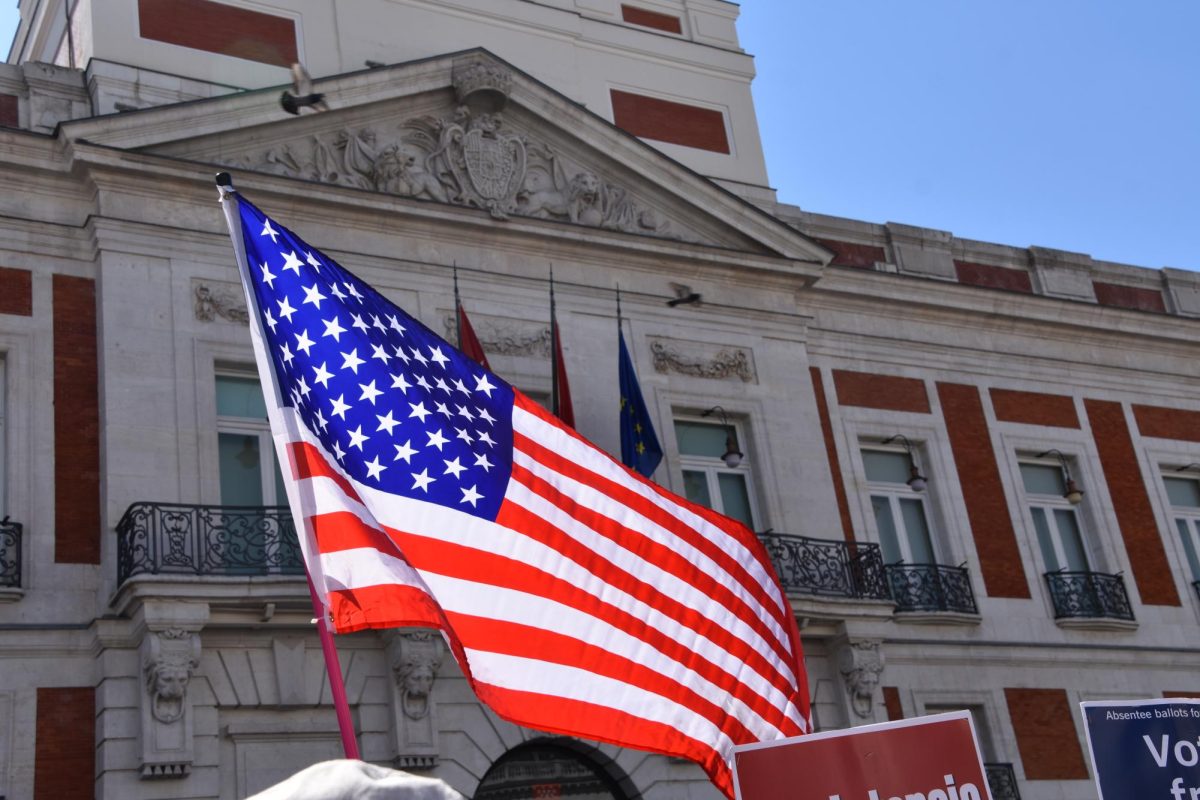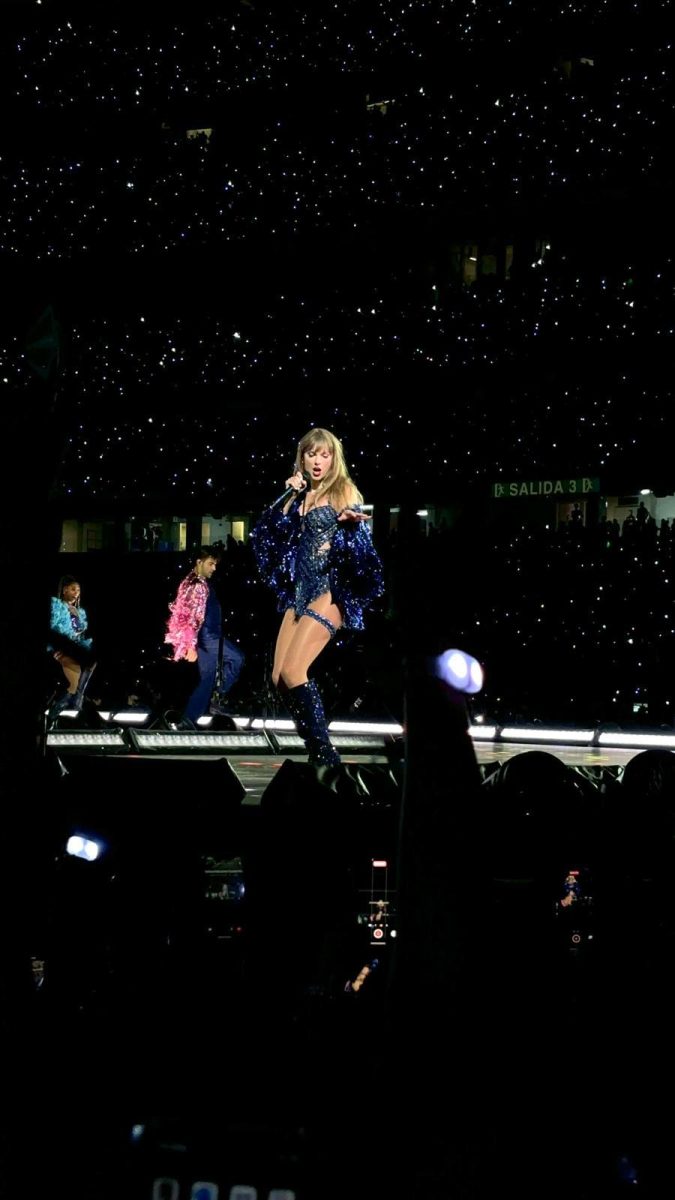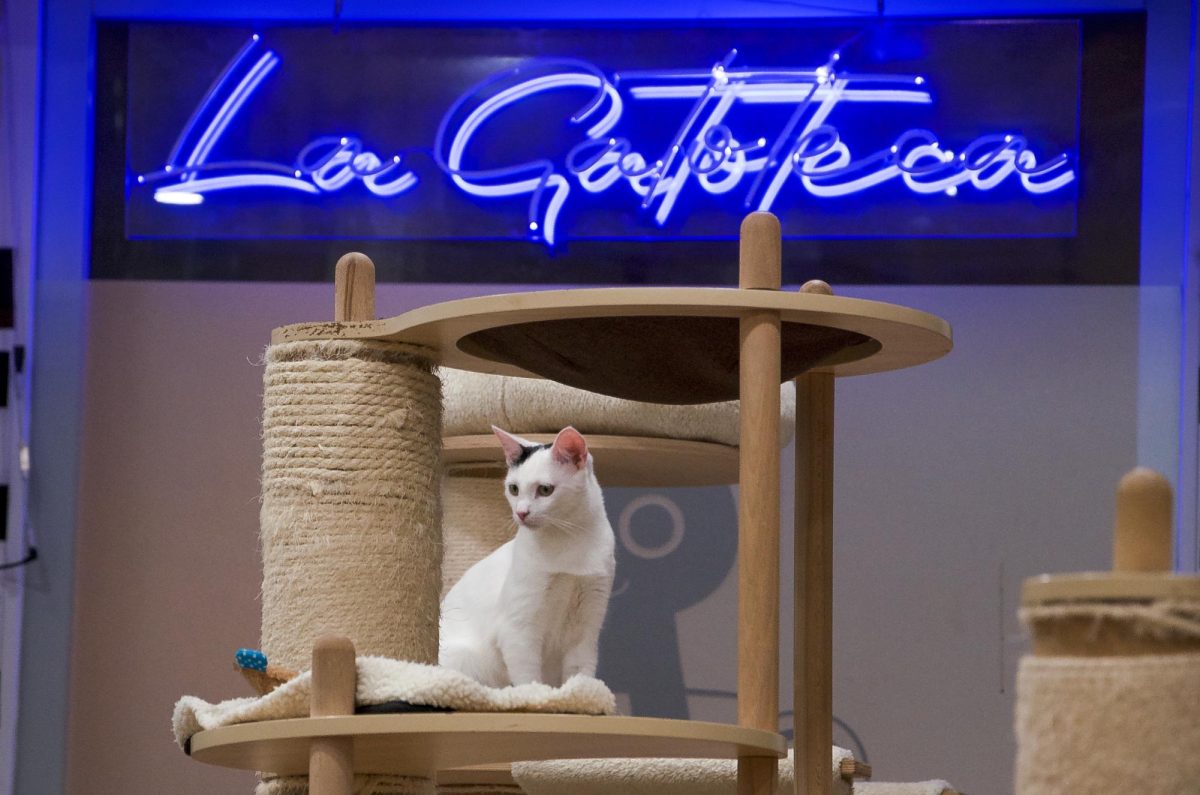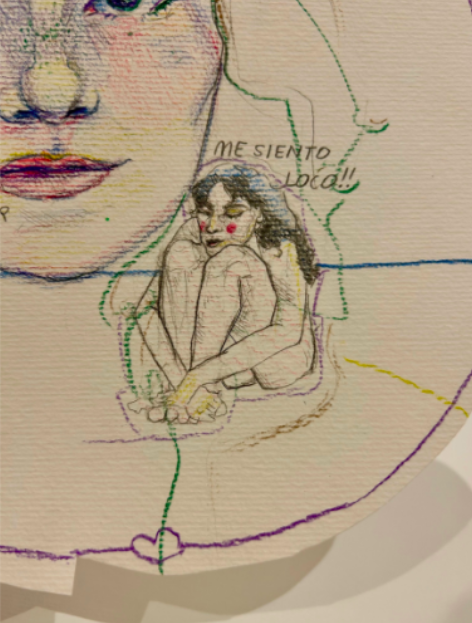Before the world had memes, it had art. Though memes are distinct to the internet, art has been used to satirize political culture throughout history, like graffiti in the Roman Empire, and the editorial cartoons of the 19th and 20th century. Modern internet political satirization, however, exists in a different context than its predecessors.
While cartoonists like Thomas Nast, creator of the “Boss Tweed” character, saw how his satirical cartoons could shift public opinion, thereby affecting political change, creators in the internet era hold a lesser—even nonexistent—expectation of influencing politics.
This is due to the unique nature of internet humor: absurdism. The internet created an oversaturation of content. Whenever there’s a viral trend, millions of people create slight variations of the same exact post. It’s almost impossible to create something that someone else hasn’t already put on the internet. Originality is now impossible. When the attention economy predominates, the content that gets views is that which is fast and unpredictable. When the audience has no way to predict where the joke will go, they are more likely to stay engaged. Pure satire isn’t attention grabbing. Fully committing to a campaign which claims birds aren’t real is.
Humor is shaped by the culture it is born into. The primary demographic on the internet is those who have lived most or all their lives immersed in it. Unlike the pre-internet era in which war and disaster were reported through polite reports and carefully curated images, the internet allows 24/7 display of atrocities. Those who have only ever known such a world have become disillusioned with the political state; disillusionment reflected in a seeming devolution of humor.
Unlike the standard nonsensical TikTok, political humor is inherently entrenched in actual events. The existence of a base layer of reality limits the extent the genre can embrace modern internet culture’s absurdism—however, it is not nonexistent.
Divide political humor into three broad categories: commentary through irony, political event jokes and adoption into popular culture. As the categories progress, humor declines in value as anything besides entertainment.
The first category aims to entertain but has a secondary purpose to inform or persuade. This is reminiscent of traditional political satire, though it can also employ modern styles of irony.
“Political event jokes” is exemplified by much of the political discourse on X (Twitter). Think tweets about presidential debates. These jokes don’t have a strong opinion behind them; even if they are from someone with an extreme ideology, they exist with the sole desire to entertain.
The third form of political humor, however, exists wholly within the internet era. The soundbite of Donald Trump’s “They’re eating the dogs” comment in the September 2024 U.S. Presidential Debate remixed into a TikTok audio, for example. The humor becomes referential—it refers to politics but lacks commentary or relevance to political discourse, simply embracing absurdist culture.
Just as oversaturation of humor led “traditional” jokes to lose their impact, oversaturation of news and the atrocities it tells of has led the news to lose its impact, creating a seeming apathy among those raised in the internet era. Instead of humor which aims to accomplish something, modern political humor is largely purposeless. A way to cope, if nothing else.






































